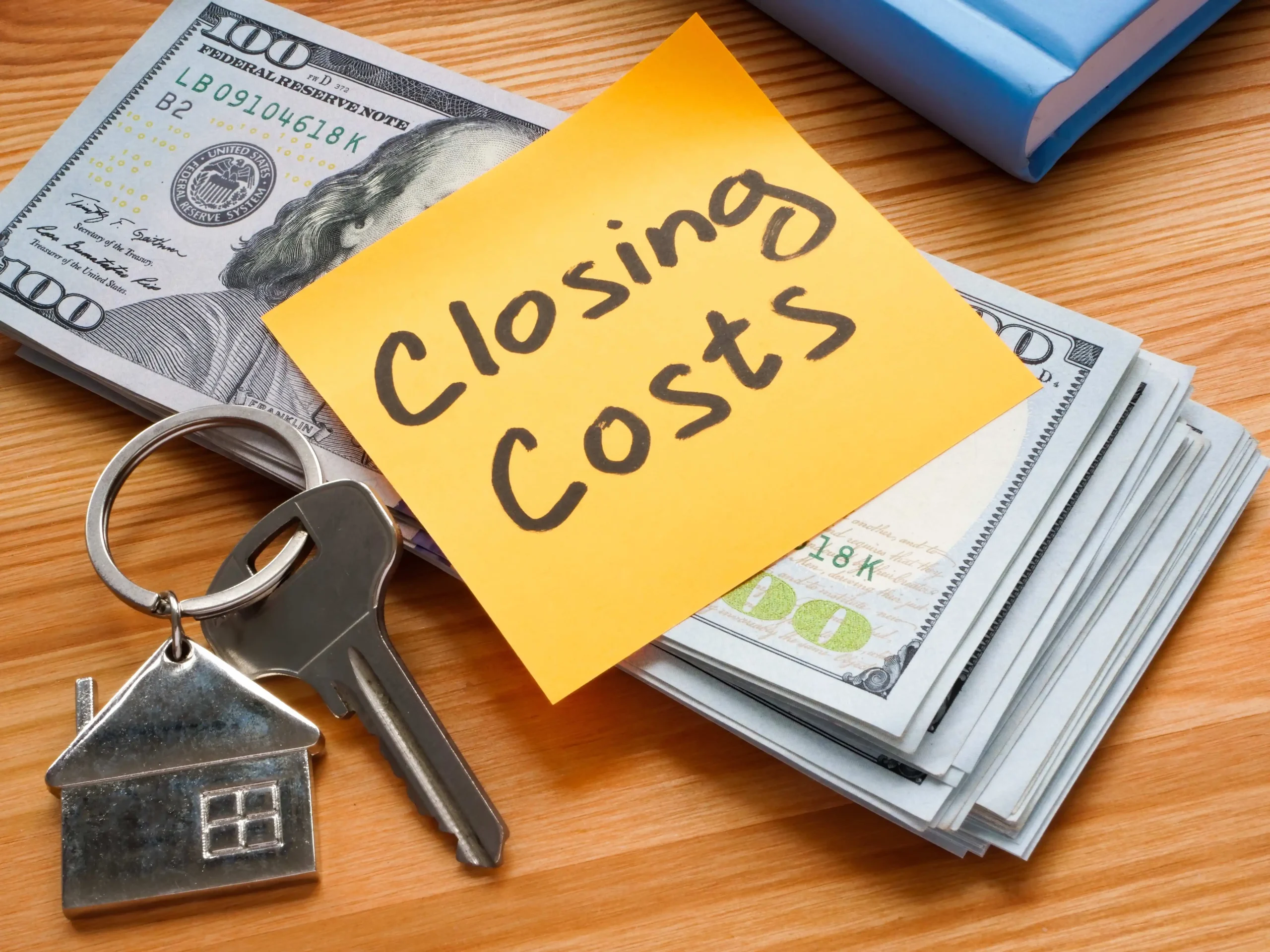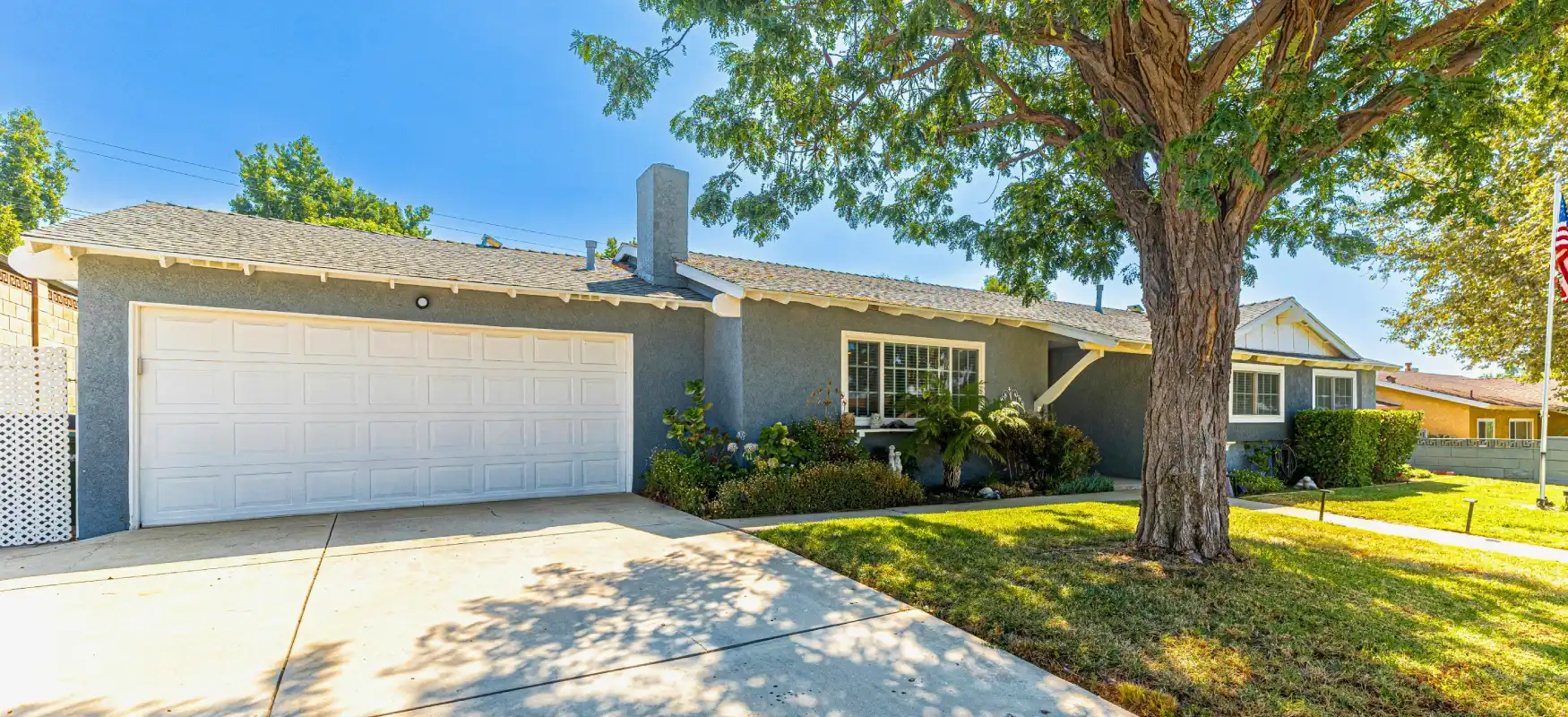If you’ve never bought or sold a house, there are so many things to consider, including the closing costs in California. Whether you’re a buyer or seller, the numbers are extremely important as you navigate the process. One of the most common fees associated with buying a home is closing costs. We want to help you understand exactly what that means.
What’s Included in Closing Costs in California?
If you’re not in the real estate business, closing costs may seem like a completely foreign idea. Not all of these costs will affect your loan, but here are a few that may.
- Loan origination fees: The lender charges a fee to process your application.
- Credit report fees: The lender may charge to pull credit reports to determine if they want to loan you money.
- Appraisal fees: Your sale may require a formal appraisal, which is rolled into your closing costs.
- Points: If the interest rate is too high, you can pay extra to bring it down, which saves money over the life of your loan.
- Private mortgage insurance: This is generally required if you don’t have a 20% down payment on the home.
There are also costs associated with property transfer.
- Recording fees: The county charges fees to record the property deed.
- Escrow fees: The escrow company holds the funds during the transaction.
- Title insurance and search fees: Each property must have a clean title, with no liens against it to affect ownership.
- Home inspection fees: If your buyer requests a home inspection, this cost may be added to the closing costs.
- Tax transfer: When transferring property ownership, there are state and local taxes to be paid.
Additionally, you may see some of these costs associated with your closing.
- Prepaid interest: You can pay the interest from the closing date to the end of the month if you prefer.
- Document preparation: These are charges for the preparation of legal documents.
- HOA fees: If your neighborhood has a homeowner association, you may have a monthly or yearly HOA fee.
- Property taxes: During closing, you may pay part of your yearly taxes into escrow.
- Home warranty: If the buyer wants a home warranty and you agree to pay for it, the home warranty would be purchased at closing time.
What Are the Seller’s Closing Costs?
All closing costs are negotiable, but usually the seller pays anywhere from 2%-5% of the total loan amount. Typically, the buyer pays for the following:
- Appraisal fees
- Credit check
- Discount points
- Property survey fee
- Transfer tax
- Real estate agent commissions
What Are the Buyer’s Closing Costs?
Buyers usually pay their real estate costs, along with many of the following:
- Lender underwriting, origination, and appraisal fees
- Recording fees
- Home inspection fees
- Prepaid insurance and property tax
- Title and escrow costs
Are There Ways to Reduce Closing Costs in California?
If you’re the buyer, the first step to reducing closing costs is to shop for lenders with the lowest fees. Origination fees vary, and some are a lump sum while others are broken into categories.
Along with lenders, you’ll work with companies they recommend for things like title insurance, survey fees, and pest inspection fees.. Some have lower costs than others. If your lender doesn’t require you to use their company, shop around to find cheaper ones.
During the selling phase, it’s entirely appropriate to ask the seller to contribute to closing costs. They may not accept the condition, and you have to decide what you can afford, but buyers and sellers commonly split closing costs.
How to Avoid It All
At Stars & Stripes, we buy your home fast with no additional fees. Once we’ve purchased your house, you can move on to the next phase of your life, and we’ll worry about selling it. Schedule a consultation with us today to get started.
FAQs
Are closing costs higher with a real estate agent?
Yes, an agent may take a commission of anywhere from 2% to 5% of the total selling amount.
What are red flags to watch for during closing time?
Watch for sudden increases in costs or late changes in the closing disclosure. If you have title issues, it may mean the property has a lien on it. If lenders add last-minute conditions, be wary.
What if you don’t have the cash for closing costs?
If you don’t have the cash on hand to pay the closing costs, you can roll them into your long-term loan. This means you’ll pay interest on it as it increases the principal of your loan, but it may be the only option.
Can I deduct closing costs on my taxes?
The only costs that are tax-deductible are payments toward property taxes or mortgage interest.
Is it bad to ask the seller to contribute?
If closing costs are a significant roadblock in buying the home, ask the seller to contribute. They may be motivated enough to sell the house that they’re willing to pitch in on closing costs.

